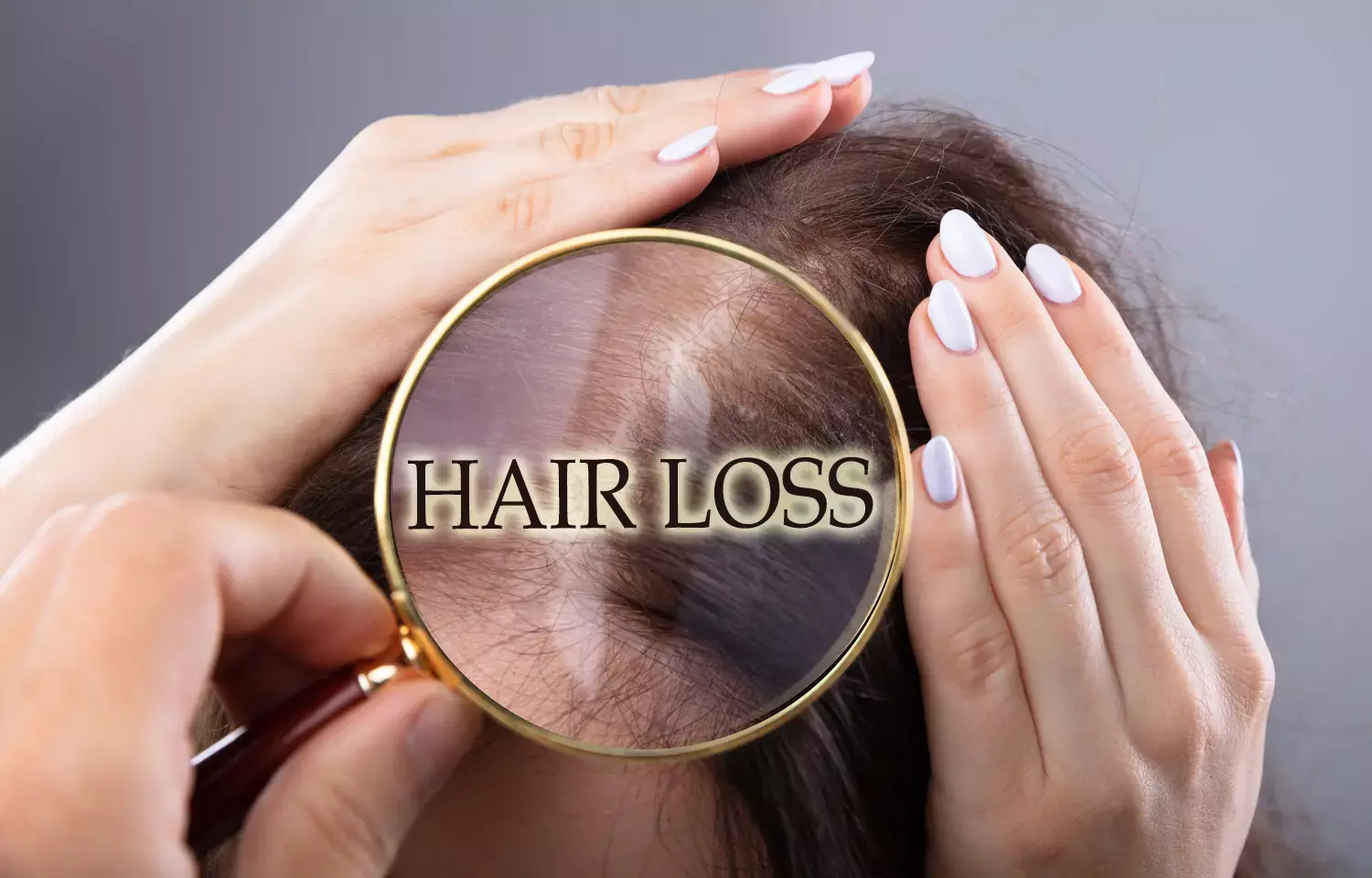- Home
- Medical news & Guidelines
- Anesthesiology
- Cardiology and CTVS
- Critical Care
- Dentistry
- Dermatology
- Diabetes and Endocrinology
- ENT
- Gastroenterology
- Medicine
- Nephrology
- Neurology
- Obstretics-Gynaecology
- Oncology
- Ophthalmology
- Orthopaedics
- Pediatrics-Neonatology
- Psychiatry
- Pulmonology
- Radiology
- Surgery
- Urology
- Laboratory Medicine
- Diet
- Nursing
- Paramedical
- Physiotherapy
- Health news
- Fact Check
- Bone Health Fact Check
- Brain Health Fact Check
- Cancer Related Fact Check
- Child Care Fact Check
- Dental and oral health fact check
- Diabetes and metabolic health fact check
- Diet and Nutrition Fact Check
- Eye and ENT Care Fact Check
- Fitness fact check
- Gut health fact check
- Heart health fact check
- Kidney health fact check
- Medical education fact check
- Men's health fact check
- Respiratory fact check
- Skin and hair care fact check
- Vaccine and Immunization fact check
- Women's health fact check
- AYUSH
- State News
- Andaman and Nicobar Islands
- Andhra Pradesh
- Arunachal Pradesh
- Assam
- Bihar
- Chandigarh
- Chattisgarh
- Dadra and Nagar Haveli
- Daman and Diu
- Delhi
- Goa
- Gujarat
- Haryana
- Himachal Pradesh
- Jammu & Kashmir
- Jharkhand
- Karnataka
- Kerala
- Ladakh
- Lakshadweep
- Madhya Pradesh
- Maharashtra
- Manipur
- Meghalaya
- Mizoram
- Nagaland
- Odisha
- Puducherry
- Punjab
- Rajasthan
- Sikkim
- Tamil Nadu
- Telangana
- Tripura
- Uttar Pradesh
- Uttrakhand
- West Bengal
- Medical Education
- Industry
Topical minoxidil effective for treating hair loss after COVID-19 infection: Study

Japan: Topical minoxidil is an effective treatment option for better management of hair loss after SARS-CoV-2 infection (HLASCI) and can be used as an adjunct to optimal care of patients with COVID-19 disease, findings from a literature review revealed.
"Although it is necessary to further study the pathophysiology underlying HLASCI, our study indicates that acute telogen effluvium (TE) is the main cause of HLASCI," Manabu Ohyama, Department of Dermatology, Kyorin University Faculty of Medicine, Tokyo, Japan, and colleagues wrote in their study published in the Journal of Dermatology.
The WHO has declared coronavirus disease 2019 (COVID-19) caused by severe acute respiratory syndrome coronavirus 2 (SARS-CoV-2) to be a pandemic that continues to have a major impact on society. Several studies have reported impaired health sequelae after COVID-19 recovery, one of which is hair loss. People with hair loss experience a substantial mental burden, which potentially hampers their social life. However, few studies have systematically analyzed the details including hair loss.
Against the above background, the team conducted a narrative review using PubMed on the frequency, associated comorbidities, disease characteristics, and treatment of hair loss after SARS-CoV-2 infection. 28 articles were identified using two search strings.
Based on the study, the researchers reported the following findings:
- Most of the literature identified on COVID-19 sequelae reported an emergence/occurrence of hair loss.
- HLASCI is speculated to be composed of a heterogeneous population, with the onset or exacerbation of telogen effluvium, anagen effluvium, androgenetic alopecia (AGA), and alopecia areata (AA) reported as possible underlying mechanisms. Among these, acute TE is thought to be the primary cause of HLASCI, with COVID-19 treatment and TE improvement being considered crucial for HLASCI management.
- An association between COVID-19 and AA exacerbation has also been implicated with still insufficient evidence.
- Spontaneous recovery of TE can be expected once infection reduces; however, faster improvement in symptoms is expected to reduce the mental and social burden of patients.
- An additional search string identified 11 articles about TE treatment that suggested that the use of minoxidil may be beneficial.
"Topical minoxidil has used widely for AGA patients, who have been speculated to exhibit poor resistance to SARS-CoV-2," wrote the authors. "Topical minoxidil may provide relief from HLASCI, but to confirm this observation, future clinical research is warranted."
Reference:
Ohyama M, Matsudo K, Fujita T. Management of hair loss after severe acute respiratory syndrome coronavirus 2 infection: Insight into the pathophysiology with implication for better management. J Dermatol. 2022 May 27. doi: 10.1111/1346-8138.16475. Epub ahead of print. PMID: 35633047.
Dr Kamal Kant Kohli-MBBS, DTCD- a chest specialist with more than 30 years of practice and a flair for writing clinical articles, Dr Kamal Kant Kohli joined Medical Dialogues as a Chief Editor of Medical News. Besides writing articles, as an editor, he proofreads and verifies all the medical content published on Medical Dialogues including those coming from journals, studies,medical conferences,guidelines etc. Email: drkohli@medicaldialogues.in. Contact no. 011-43720751


